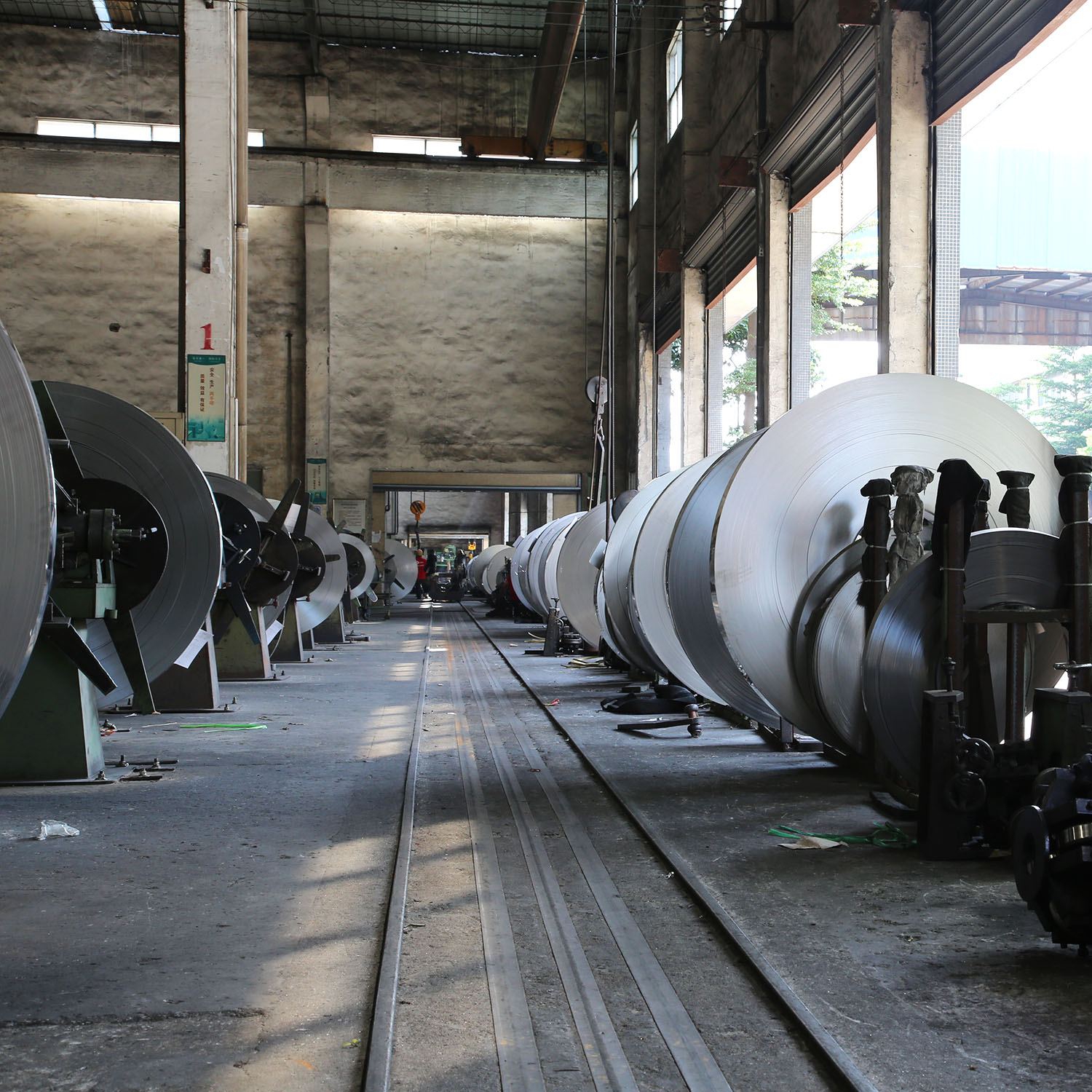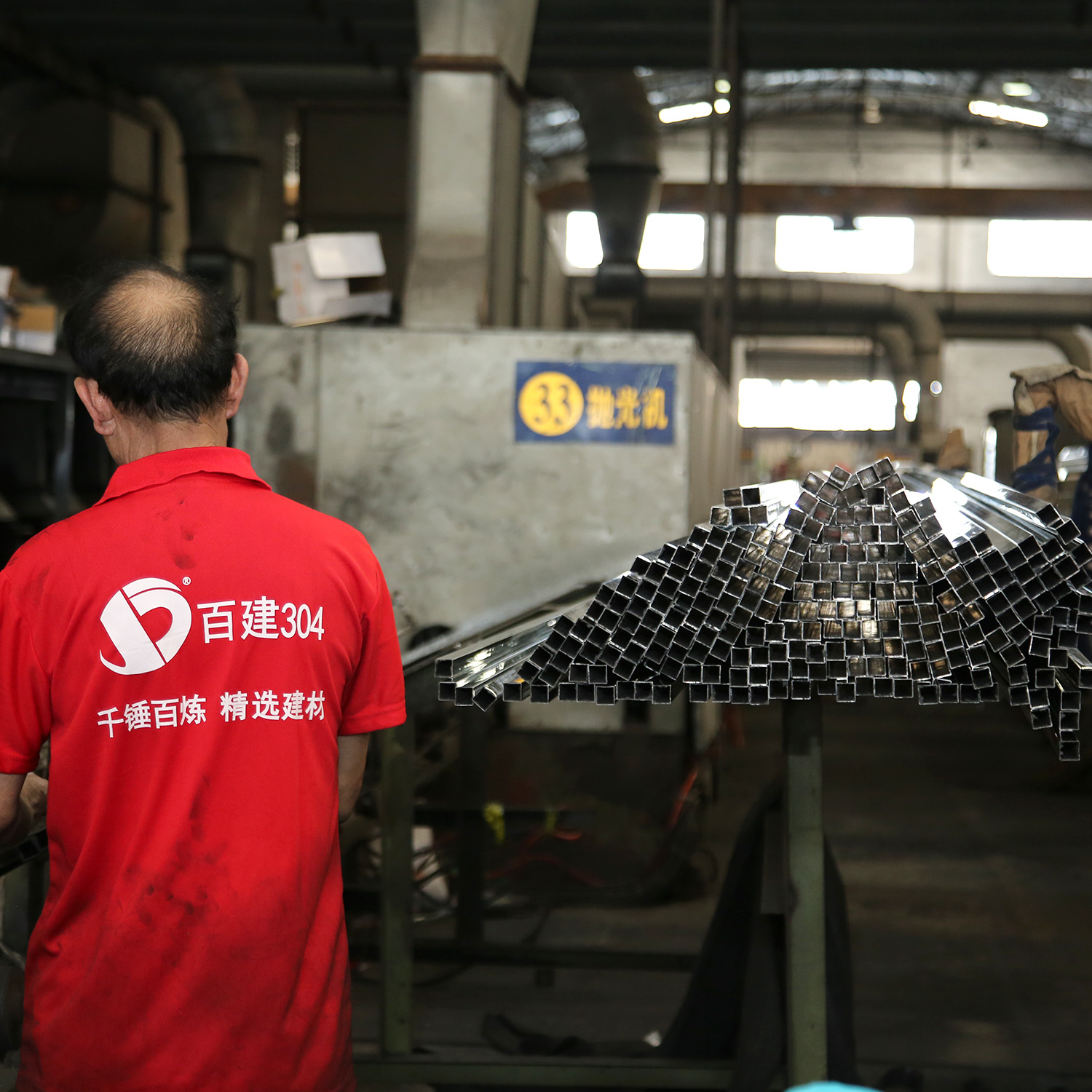
In a market where stainless steel products account for over $100 billion in global sales annually, it is imperative to understand the legal frameworks governing stainless steel tubing vendors and pipe companies. These entities not only contribute significantly to industrial applications but also navigate complex regulatory landscapes that include anti-dumping regulations designed to protect domestic industries from unfair competition.Click to find more about stainless steel tubing vendorsstainless steel pipe company.
The Legal Framework Surrounding Stainless Steel Tubing Vendors and Pipe Companies

Stainless steel tubing vendors and pipe companies operate within a multifaceted legal environment characterized by various regulations aimed at ensuring fair trade practices. One prominent aspect of this framework is the enforcement of anti-dumping laws, which are intended to prevent foreign manufacturers from selling goods below their production costs in domestic markets. This protective measure helps maintain competitive pricing while safeguarding local businesses against potential market distortions caused by subsidized imports.
An In-Depth Look at HengXing Steel and Anti-Dumping Regulations
HengXing Steel serves as an illustrative example when examining how anti-dumping regulations impact stainless steel suppliers. The company has faced scrutiny under these laws due to allegations that its products were being sold at artificially low prices in international markets. As a result, HengXing has had to adapt its pricing strategies and operational practices to comply with both domestic and international trade laws, thereby ensuring adherence to fair competition standards while maintaining profitability.
The Characteristics of Stainless Steel Rectangular Pipes Under Anti-Dumping Regulations
The following points outline key characteristics of stainless steel rectangular pipes concerning anti-dumping regulations:
- Pricing Scrutiny: Manufacturers must justify their pricing structures through comprehensive cost analyses that reflect true production expenses.
- Duty Imposition: If found guilty of dumping, companies may face significant tariffs imposed on their exports, affecting overall competitiveness.
- Compliance Documentation: Firms are required to submit extensive documentation proving compliance with established price benchmarks set forth by regulatory bodies.
- Bilateral Agreements: Engagements between countries can lead to negotiated settlements or quotas aimed at mitigating dumping concerns specific to rectangular pipes.
- Sustainability Practices: Increasingly, firms are adopting sustainable manufacturing processes as part of their strategy not just for compliance but also for enhancing brand reputation amidst regulatory scrutiny.
A Conclusion on the Regulatory Landscape for Stainless Steel Tubing Vendors and Pipe Companies
This exploration into the legal attributes surrounding stainless steel tubing vendors and pipe companies highlights the critical role that anti-dumping regulations play in shaping industry dynamics. By understanding these frameworks—particularly as they pertain to entities like HengXing Steel—we gain insight into how such measures influence business operations, pricing strategies, and ultimately consumer choices within this vital sector. It is clear that navigating these complexities requires diligence from all stakeholders involved in the supply chain.

